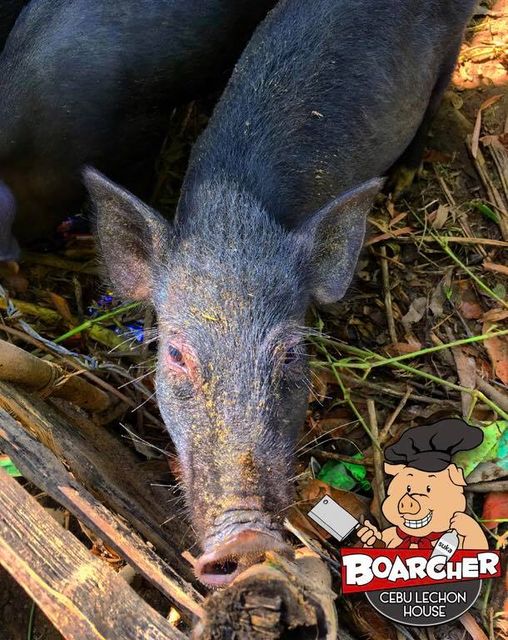AFRICAN SWINE FEVER (ASF)
African Swine Fever (ASF) is a highly contagious and deadly viral disease that primarily affects pigs. Its global spread has had significant economic and food security implications.
UNDERSTANDING THE ASF VIRUS
The African Swine Fever Virus (ASFV), belonging to the Asfarviridae family, is a large, complex DNA virus. It is highly resilient, capable of surviving for extended periods in various environments, making its eradication challenging. The virus's ability to infect a wide range of pig breeds and its rapid spread contribute to its devastating impact.
TRANSMISSION OF ASF: HOW ASF SPREADS
ASF can be transmitted through several mechanisms:
Direct contact: Infected pigs can spread the virus to healthy pigs through direct contact with infected animals, their bodily fluids, or contaminated materials. This includes contact during feeding, mating, or transportation.
Indirect contact: The virus can also be transmitted indirectly through contaminated feed, water, equipment, and vehicles. For instance, contaminated feed or water can introduce the virus to healthy pigs.
SYMPTOMS OF ASF
ASF can cause a wide range of symptoms in pigs, including:
Fever: Infected pigs often experience a high fever.
Loss of appetite: Pigs may lose interest in food and become lethargic.
Respiratory distress: Difficulty breathing and coughing can be observed.
Skin lesions: Reddish-purple skin lesions may appear on the ears, belly, and other parts of the body.
Hemorrhagic signs: Internal bleeding can lead to bloody diarrhea, vomiting, and nosebleeds.
Sudden death: In severe cases, pigs can die suddenly without showing any obvious symptoms.
THE IMPACT OF ASF
ASF has had a profound impact on the global pork industry:
Mass mortality: The virus can cause high mortality rates among infected pigs, leading to significant losses for pig farmers.
Economic losses: ASF outbreaks can result in substantial economic losses due to reduced production, increased costs, and trade restrictions. These losses can have cascading effects on related industries, such as feed production, meat processing, and transportation.
Food security concerns: The loss of pigs can affect food security, particularly in regions where pork is a staple food. This can lead to food shortages, price increases, and potential social unrest.
Trade disruptions: ASF outbreaks can trigger trade restrictions and bans on pork products, disrupting international trade and impacting the livelihoods of farmers, exporters, and importers.
PREVENTION AND CONTROL OF ASF
Efforts to prevent and control ASF include:
Biosecurity measures: Implementing strict biosecurity protocols to prevent the introduction and spread of the virus. This involves measures such as quarantining new animals, disinfecting equipment, and restricting access to pig farms.
Vaccination: While there is currently no commercially available vaccine for ASF, research is ongoing to develop effective vaccines. A successful vaccine could be a game-changer in combating the disease.
Early detection and response: Early detection and rapid response to outbreaks are crucial for limiting the spread of the virus. Surveillance systems, diagnostic testing, and timely implementation of control measures are essential.
Trade restrictions: Implementing trade restrictions on pork products from affected regions can help prevent the spread of ASF to new areas. However, these restrictions can also have negative economic consequences.
The Road Ahead: Addressing the Challenges of ASF
ASF remains a significant threat to the global pork industry. Addressing this challenge requires a multifaceted approach that involves collaboration between governments, industry stakeholders, and researchers. By implementing effective prevention and control measures, developing vaccines, and improving surveillance systems, it is possible to mitigate the impact of ASF and protect the livelihoods of millions of people who depend on the pork industry.




